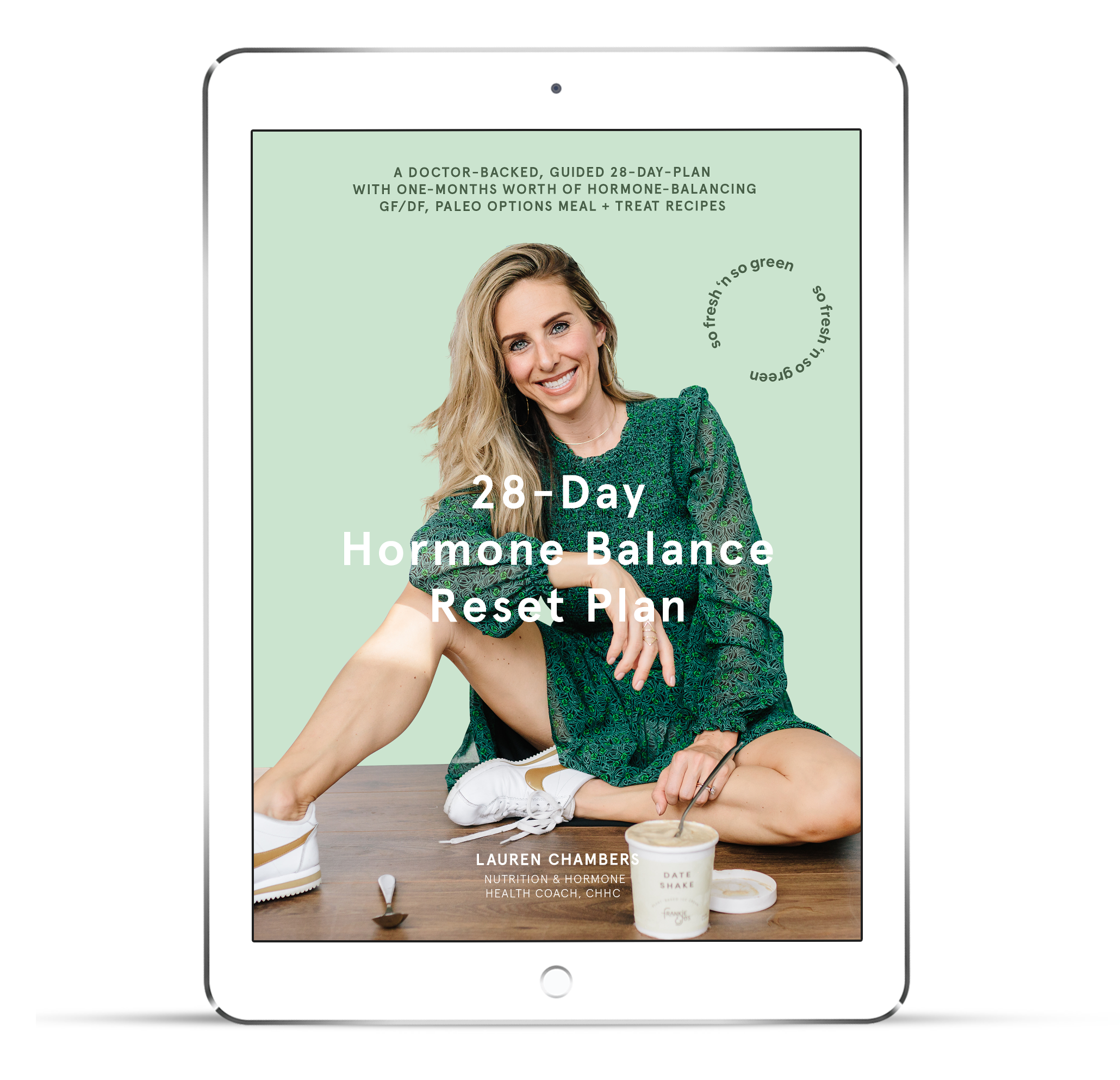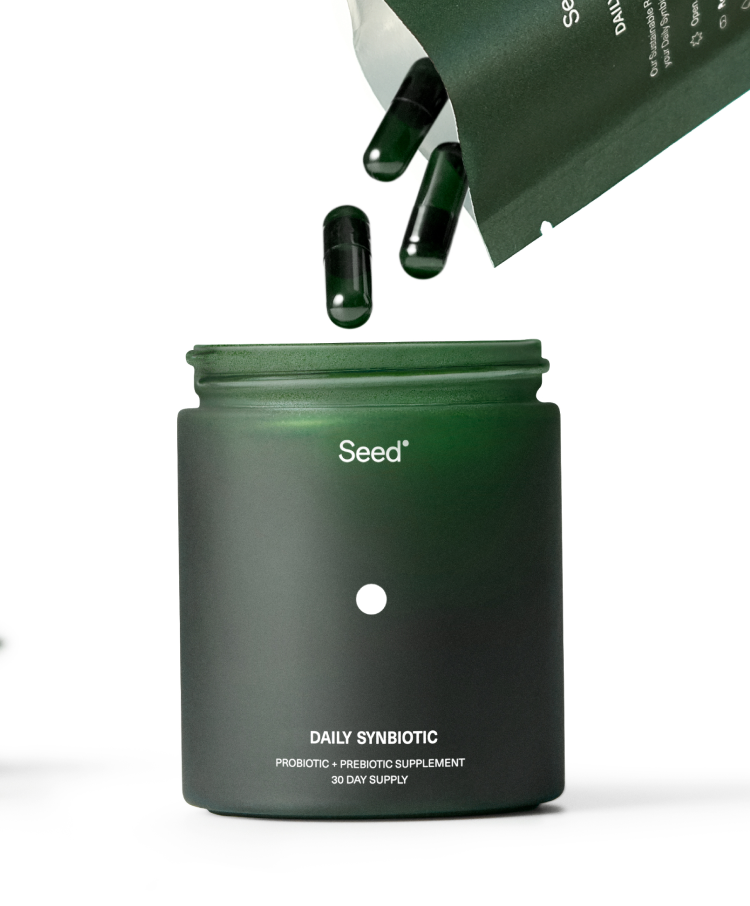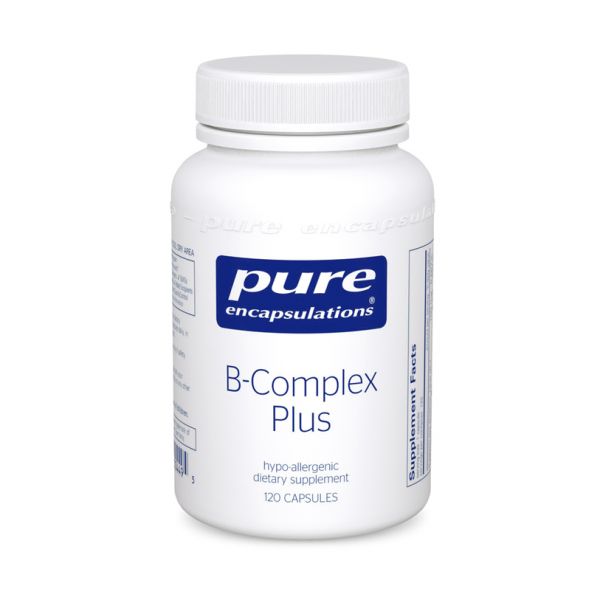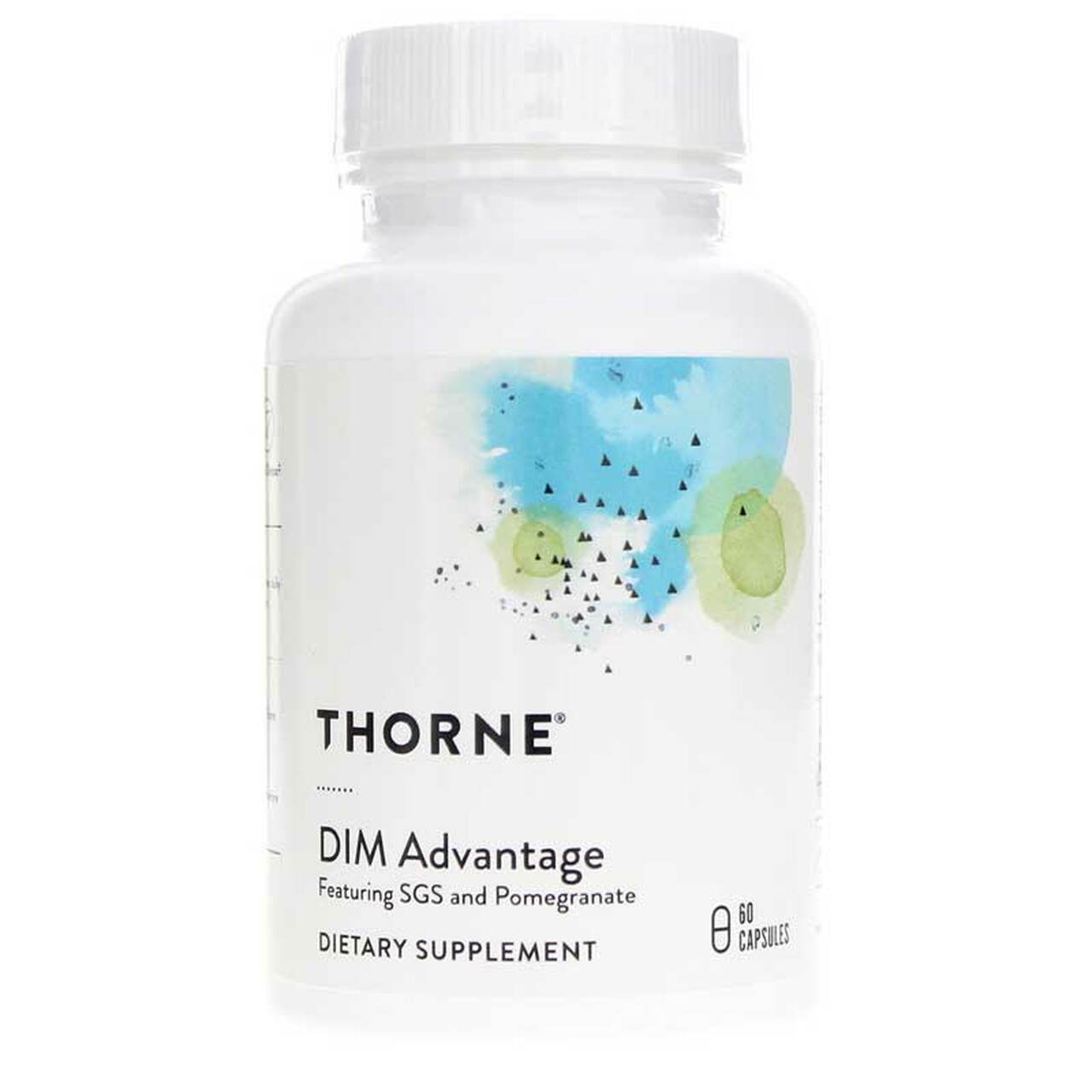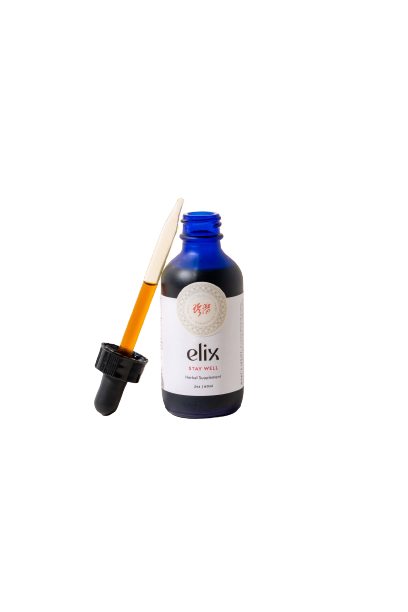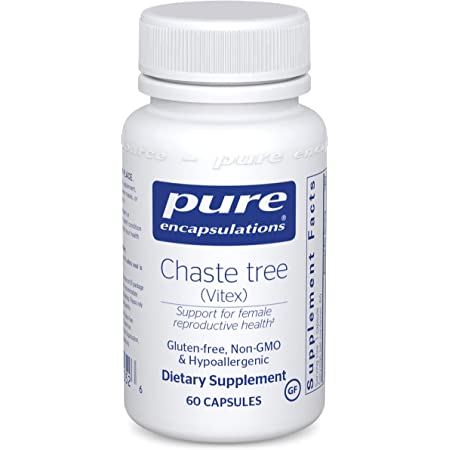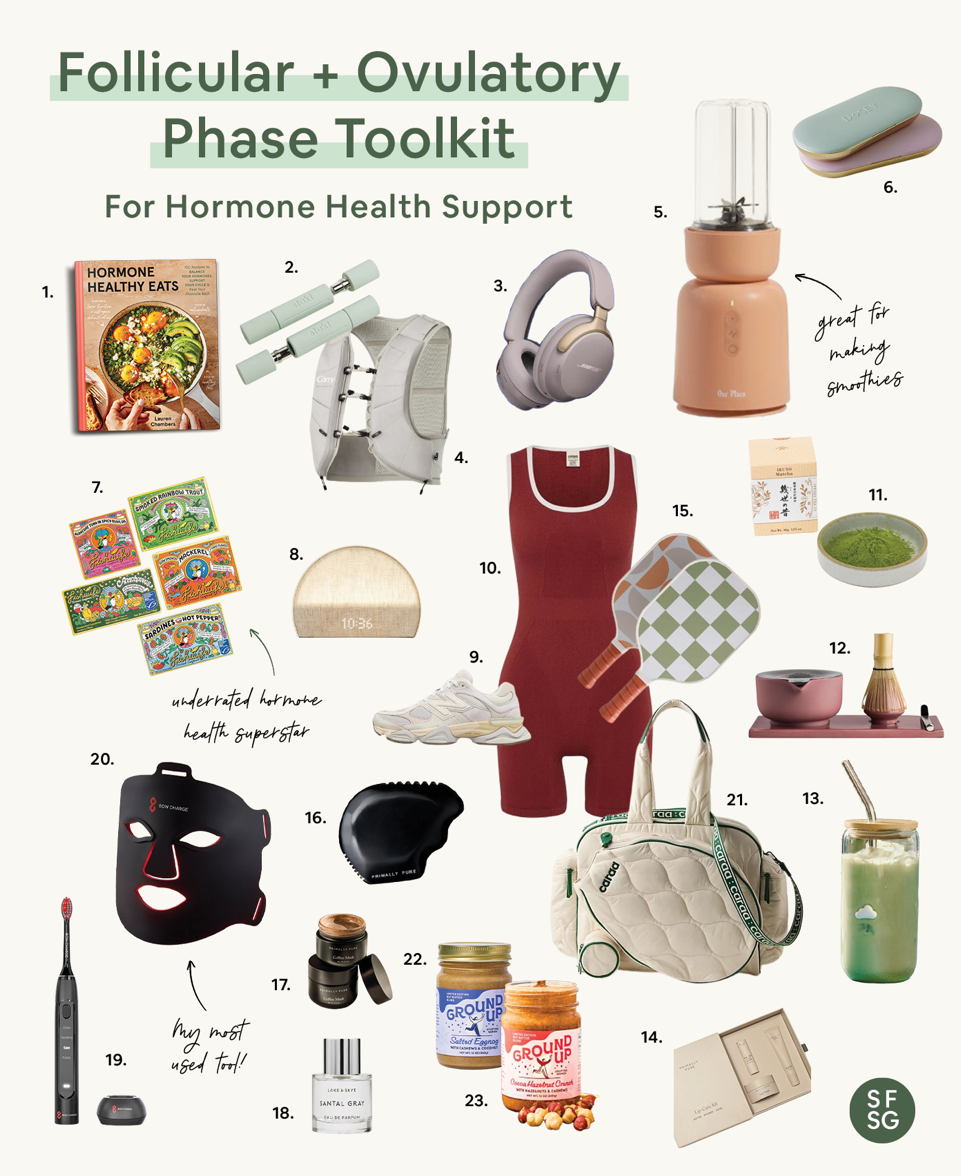recipes
lifestyle
wellness
motherhood
mindset
About
E-Books
Blog
Freebies
partnerships
hi, i'm lauren!
hey there!
I’m on a hot mission to help you balance your hormones & live your best life.
categories
Home
Quiz
Get In Touch
The Course
search:
Cookbook
Recipe key
GF
VG
P
Vegan
Gluten Free
Paleo
DF
Dairy-Free
download now
Join Hormone Healthy Eats!
Become a SFNSG insider to get my monthly Substack, Hormone Healthy Eats! Packed with the latest hormone-healthy recipes
+ tips.
jump to recipe >
Lately it seems like the topic of birth control is becoming more popular (and controversial) than ever, and for good reason.
While hormonal birth control is an effective and empowering way for women to prevent unwanted pregnancies, its also been linked to many health problems and uncomfortable symptoms such as fertility issues, breast, cervical or liver cancer, hormonal imbalances (often leading to PCOS or Endometriosis), hypothyroidism, weight gain and decreased libido.
As a Nutrition + Hormone Health Coach, I’ve helped many of my female clients transition off the pill in order to naturally balance their hormones, address the root-cause of symptoms and prepare their bodies for a baby down the road, but I also believe it’s also a personal choice that affects each woman differently.Thus I think it’s important you have all the information you need to decide whether or not the pill is right for you.
Need a comprehensive plan filled with recipes, supplements + lifestyle tips to support you in transitioning off birth control, balancing your hormones and getting your cycle back? Check out my 28-Day Hormone Balance Reset Plan.
Need a comprehensive plan filled with recipes, supplements + lifestyle tips to support you in transitioning off birth control, balancing your hormones and getting your cycle back? Check out my 28-Day Hormone Balance Reset Plan.
HOW DOES BIRTH CONTROL AFFECT YOUR HORMONES?
The primary purpose of oral contraceptives is to impede a very natural and powerful hormonal function in women in order to prevent pregnancy.
It does this by lowering levels of natural sex hormones, especially testosterone (which impacts a woman’s libido, mood and energy) and supplying the body with a synthetic (i.e. xenoestrogens or estrogen-mimicking) form of estrogen that keeps your body from producing it’s own.
This prevention of natural hormone production stops ovulation (when your follicle produces and releases an egg which is essential for you to get pregnant), thins the lining of your uterus (which needs to be thick for an egg to successfully implant), and alters your cervical mucus (dries it out so the sperm can’t swim to the egg, also causes vaginal dryness).
The problem is these reproductive hormones are tied to numerous other important functions of the female body, from your metabolism and immune system to mood and cognitive performance. Reproduction is not a stand-alone function, it’s one of the main functions of the whole body, so when you interfere with it, you interfere with many other bodily processes as well.
COMMON HORMONAL SIDE EFFECTS OF BIRTH CONTROL
With all that interference regarding one of the main functions of your body, you can certainly expect some side effects when you’re on the pill.
+ Thyroid Issues
Birth control pills deplete the body of crucial nutrients that are required for the thyroid to work properly, including magnesium, selenium, and zinc.
The high dose of synthetic estrogen in birth control pills also increases the activity of thyroxine binding globulin, or TBG, which lowers levels of free thyroid hormone available for use by the body, commonly resulting in a lowered metabolism and increased weight gain.
+ Menopausal Symptoms
Birth control inhibits your body from ovulating, which is also what happens when your body goes through menopause, thus you can expect to experience similar symptoms such as:
-
+ low energy
-
+ mood swings
-
+ low sex-drive
-
+ weight gain
-
+ breast tenderness
-
+ vaginal dryness
-
+ disrupted sleep
-
+ anxiety
-
+ depression
+ Nutrient Deficiencies
Birth control depletes your body’s B vitamins, which are essential for improving your metabolism, increasing energy, reducing stress, boosting memory, and reducing heart disease. Folic acid is also depleted, which is critical for healthy conception down the road.
+ Delayed + Decreased Fertility
In order to promote fertility it’s critical to have an optimal balance of the dominant female sex hormones estrogen and progesterone, but taking birth control blocks these receptors, creating imbalances.
One of the most common hormone imbalances on birth control is estrogen dominance, which can result in heavy or painful periods, cramping and blood clots, PMS, ovarian cysts, uterine fibroids and Endometriosis (if you currently experience any of these symptoms it’s a good indicator you’re estrogen dominant).
When your body becomes estrogen dominant, it means your progesterone levels in relation to your estrogen are low. Progesterone is what builds the integrity of your uterine lining in order for a fertilized egg to successfully implant. Women with low progesterone are 39% more likely to miscarry as a result.
+ Gut Health Issues
Taking birth control can lead to imbalances in your gut bacteria, adversely affecting estrogen metabolism, which can lead to weight loss resistance. It also increases your risk for inflammatory bowel diseases like Crohn’s disease.
BUT WHAT ABOUT THE POSITIVE SIDE EFFECTS OF BIRTH CONTROL?
An overwhelming amount of women (an estimated 58% of 12 million) are using birth control for reasons other than preventing pregnancy, most commonly to avoid heavy or painful periods or skin issues/acne.
Birth control can provide temporary relief for these symptoms due to the fact they are lowering your sex hormones and preventing ovulation (which is what many hormonal fluctuations are linked to).
The problem with this method is it doesn’t address the root cause of your issues or symptoms, but rather provides a band-aid approach that exacerbates the problem in the long run (remember that extended use of birth control pills is linked to estrogen dominance, which is linked to very heavy and painful periods, cramping, cysts and fibroids).
HORMONAL SIDE EFFECTS OF COMING OFF BIRTH CONTROL
Getting off birth control could be the missing link to you feeling and looking your best, but it’s important to go into this transition fully aware you may experience some side effects.
The most common Post-Birth-Control side effects include
- + Heavy periods or cramping (due to estrogen dominance)
- + Irregular Menstrual Cycles
- + Acne Flare Ups
Luckily, there are so many things you can do to offset these side effects, balance your hormones and heal your body naturally.
A GUIDE TO NATURALLY BALANCING YOUR HORMONES AFTER BIRTH CONTROL
+ Birth Control Withdrawal Supplement Protocol
+ Magnesium — Magnesium deficiency is a major cause of menstrual cramping. Thus, magnesium supplementation can help relax muscles, ease cramping, and improve sleep. It also helps relieve constipation, allowing the GI tract to function better and help maintain normal estrogen levels. I like this brand.
+ Vitamin B Complex — The birth control pill depletes B vitamins significantly, which impacts your energy, sleep, mood, fertility and weight.
+ A Probiotic — As mentioned earlier, birth control pills disrupt the normal gut flora and may even cause leaky gut. Healing the gut after being on the birth control pill will go a long way toward you feeling better in ALL areas of your life. This is by far my fave brand and you can use the code SOFRESH15 to get 15% off.
+ Di-indole Methane (aka DIM ) — This is a compound naturally found in cruciferous vegetables. It supports the liver during detoxification to remove excess estrogen and also helps the liver clear out any artificial estrogens left over in the body from being on the pill. This helps your body start making its own natural estrogen again.
+ Vitex (aka Chaste Berry) — This herb inhibits prolactin, which helps the body begin ovulating again and can also help calm the nervous system. I recommend waiting at least three months after going off the pill to see if you start ovulating on your own first.
+ Birth Control Withdrawal Nutrition Protocol
Because being on the pill often results in nutrient deficiencies (especially in regards to magnesium, b-vitamins, selenium, folate and zinc) it’s critical to replenish. Nutrients derived from whole foods are one of the most impactful ways to rebalance your hormones, steady your energy levels, and eliminate birth control’s side effects.
Try incorporating the following into your diet:
+ Vitamin-B Rich Foods — Wild-caught salmon or sardines, grass-fed and organic animal protein, bananas, walnuts
+ Magnesium Rich Foods — Leafy greens, nuts and seeds, sprouted beans or grains, avocado
+ Estrogen Balancing Foods — Cruciferous vegetables support your liver in eliminating excess artificial estrogen. These foods include kale, cabbage, turnips, Brussels sprouts, broccoli and cauliflower
+ Progesterone Balancing Foods — These include foods rich in b-vitamins (listed above) as well as vitamin-c rich foods like oranges, bell peppers and grapefruit
+ Gut Healing Foods — Bone broth, collagen powder, fermented coconut yogurt or kefir, miso, sauerkraut, raw apple cider vinegar
+ Birth Control Withdrawal Detox Protocol
While I firmly believe in the philosophy of focusing on what you can add into your diet and lifestyle to help yourself feel better (rather than taking away/restricting) it should be noted eliminating the following can really help offset symptoms and rebalance your hormones.
If possible I recommend trying to avoid —
- + Estrogen Mimickers or Xenoestrogens — Most commonly found in BPA (canned foods and plastic), household cleaners, contaminated drinking water, medications and soy
- + Alcohol — It impairs the liver’s ability to process estrogen effectively
- + Antibiotics — These disrupt your gut flora and can cause estrogen to be recirculated in the body
As well as adding in —
- + Cruciferous Vegetables — See nutrition section above
- + Your Fave Sweat Method — When we sweat we excrete toxins naturally and safely through our skin. Add in exercise or try out an infrared sauna
+ Birth Control Withdrawal Fertility Tracking Protocol
I recognize many women are hesitant to get off the pill because they aren’t yet ready to get pregnant, but luckily there are a ton of other fertility awareness methods on the market that can help you effectively track your cycle in order to prevent pregnancy.
PS — If you’re thinking about eventually getting pregnant down the road, getting to know and track your cycle now can really help prepare you for when that time comes (you need to have sex during ovulation in order to get pregnant). It’s also a key indicator into any other imbalances you may be experiencing hormonally.
+ Birth Control Withdrawal Self-Care Protocol
Effectively eliminating birth control’s side effects (especially if you’ve been on the pill for years) can take some time and require some patience initially.
Thus it’s important for you to take care of yourself as much as possible during this transition in order to rebalance your hormones and help you feel better. Self-care should be individualized and looks different for every person (after all it’s about tuning into what you need and allowing yourself to do so, without judgement) but these ideas can help you build a solid foundation:
+ Minimize Stress — Try deep breathing or meditation techniques, getting out in nature, reading a good book, going for a walk, connecting or calling a friend
+ Get Restorative Sleep — One of the biggest things you can do to improve sleep quality is to be off all electronics at least two hours before bed. Also try winding down with a nightly ritual
+ Consistently Exercise — This is not only great for detoxing the body of synthetic hormones (see above) but helps mitigate stress and increases the amount of beta-endorphins you produce (which offsets pain and cramping and helps you feel better). Try a gentler form of yoga if you’re dealing with bad cramps (towards the latter half of your cycle) and more intense exercising in your first half (when you have more energy and stamina)
MORE HORMONE BALANCING RESOURCES + SUPPORT
While these strategies can help you transition off birth control as seamlessly and naturally as possible I want to emphasize the fact that everyone is unique, thus eliminating birth control side effects and going off the pill still demands an individualized approach. I recommend finding a naturopathic or functional medicine practitioner or working with a coach who understands the potential side effects of being on/transitioning off the pill and is comfortable addressing post-birth control syndrome.
If you’re ready to make the switch I highly recommend checking out my 28 Day Hormone Balance Reset Plan, which contains one month’s worth of recipes, supplements + lifestyle tips to help you balance your hormones and reconnect with your cycle and body.
Additionally you can check out these helpful hormone balancing resources/blog posts —
+ Gut Health and Hormones — How To Improve Both Naturally
+ Progesterone Boosting Foods, Recipes + Tips
+ Best Supplements + Herbs to Balance Female Hormones Naturally
SHOP POST BIRTH CONTROL HORMONE BALANCING TOOLS
This post contains affiliate links. We may receive a small commission for purchases made through these links. Thank you for your support!

If you loved that...

01.

02.
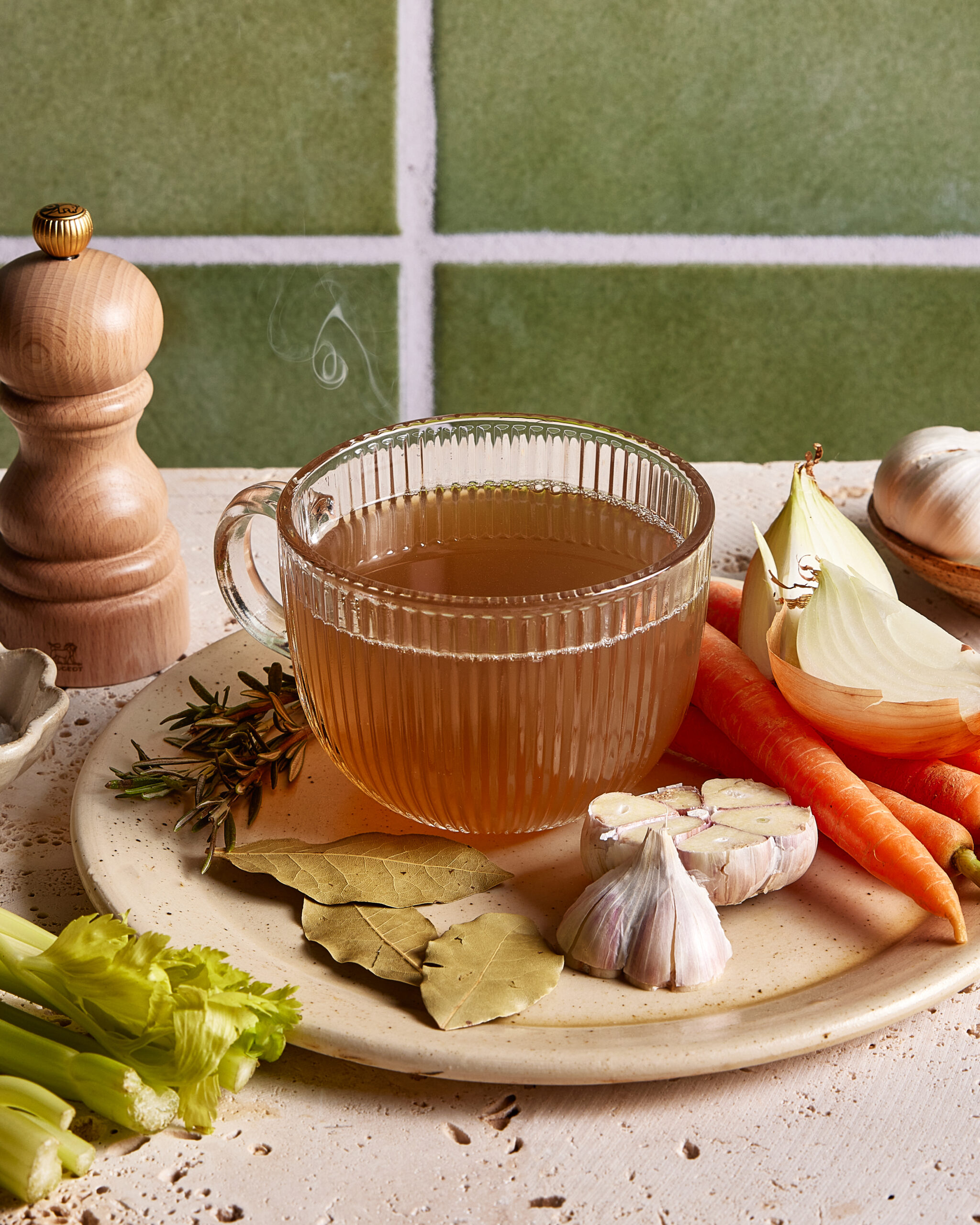
03.

04.
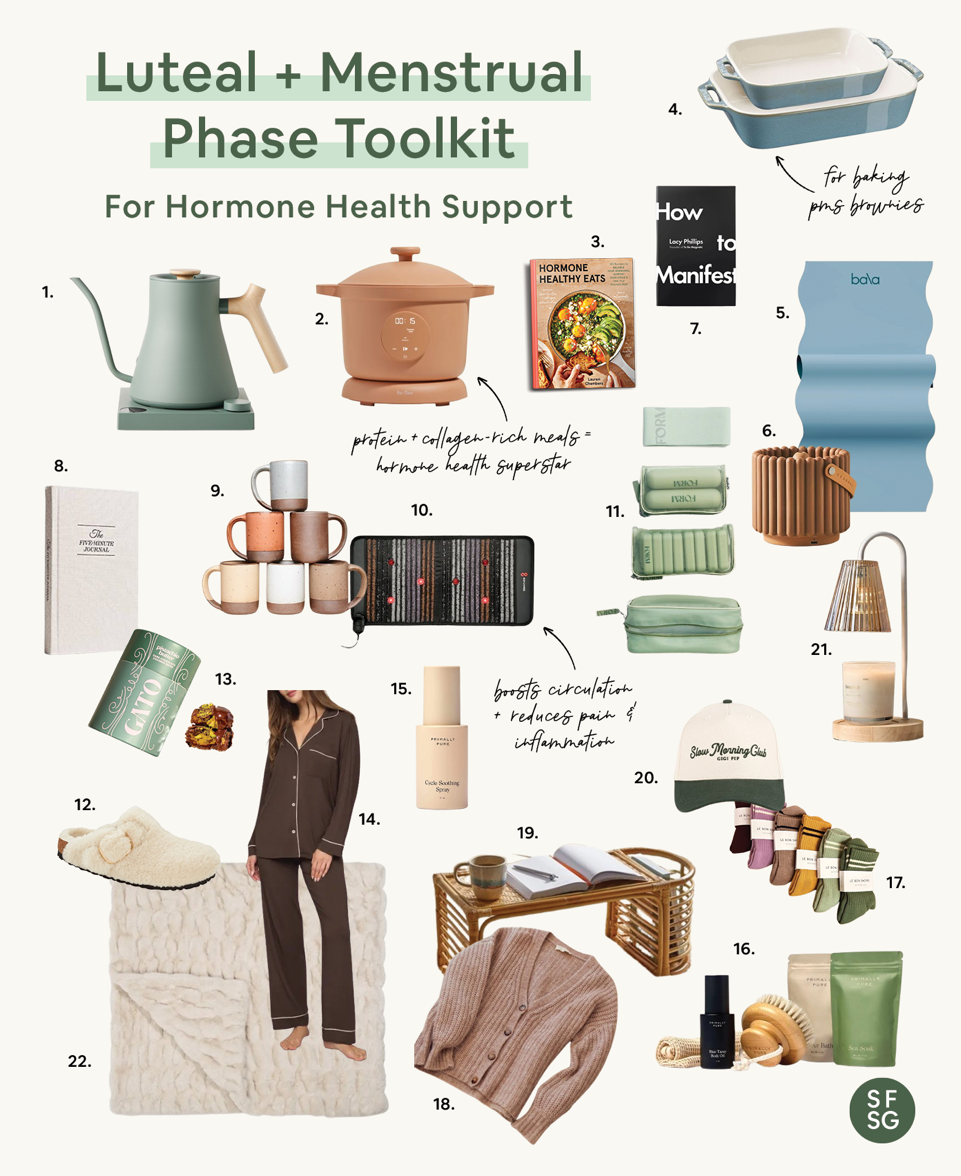
05.
hey!
Keep Browsing
Site
Keep Browsing
Site
the
about
e-books
blog
downloads
quiz
Welcome friend, I'm lauren.
I’m honored to support you on your journey to optimal hormone health + happiness. Thanks for being here babe.
